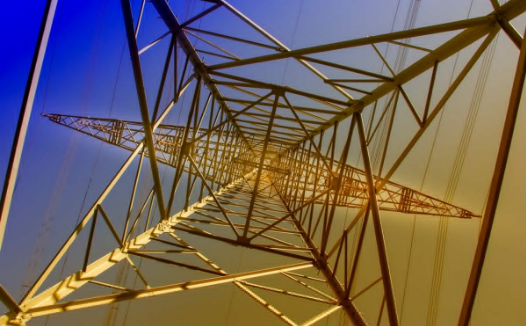U.K. energy regulator Ofgem’s decision to make changes to the maintenance and operation of the country’s grid has been greeted with dismay by the renewable energy sector. The complex Target Charging Review (TCR) reforms, released last week, are widely seen as a major obstacle to future solar and wind deployment.
One of the biggest changes is that residual charges will be levied in the form of fixed charges for all households and businesses, as opposed to the current system, under which end users are charged according to the amount of power they take from the grid. However, this will clearly undermine the business case for solar PV and batteries.
In addition, amendments to embedded benefits will remove the ability for suppliers to reduce their liability for balancing service charges by contracting with small distributed generators. Meanwhile, an exemption from the payment of balancing service charges for small distribution generators will be the subject of a second balancing services charges task force, which will consider who should pay balancing charges and on what basis.
The reforms are expected to save consumers some £300 million ($387.5 million) per year from 2021 and will lay the foundations for a net-zero economy. But the U.K. renewables sector has voiced concern about Ofgem’s TCR decision, arguing that it will do much more harm than good, while rendering some projects uneconomical.
Dire warnings
A report published earlier this year by consultancy Aurora Energy Research suggested that Ofgem’s TCR “will favour low-efficiency [closed cycle gas turbines] at the expense of new renewables schemes such as onshore wind and solar PV – with subsidy-free renewables delayed by two to five years as a result.”
With specific regard to solar, deployment “would be 5 GW lower by 2035 as a result of the changes,” the consultancy added. And its findings about smart solutions such as energy storage and demand response were equally discouraging. “Embedded battery storage projects would see higher network charges under [the] proposals; whilst demand response and behind-the-meter schemes would see a significant source of value removed,” it said.
Another report from Oxera Consulting said that there have not been any new investments in unsupported onshore wind and solar PV as a result of the reforms. And the most recent impact assessment from Frontier and Lane Clark & Peacock assumed a 50% dropout rate for new onshore wind and solar build as a result of the proposals.
Deaf ears
But Ofgem has decided to push the reforms through, even though its own revised analysis shows that the changes risk delaying the deployment of subsidy-free, low-cost renewables, according to Solar Trade Association (STA) Chief Executive Chris Hewett.
“Ofgem are pressing ahead with changes that make net-zero harder to reach, not easier,“ Hewett said. “With the urgency of climate change, it is abundantly clear that the regulator’s current objectives are now outdated and absolutely vital that the next government addresses this.”
Partial reforms to embedded benefits, which will be implemented in 2021, could entail a potential loss of ~£2.5/MWh in additional revenue for solar PV, the STA has estimated. “Whilst less severe than full reform, it will undoubtedly impact on the extremely tight economics for subsidy-free solar development,“ the association said.
Juliet Davenport, CEO of green energy supplier Good Energy, agreed that Ofgem’s TCR will damage unsubsidized onshore wind and solar development. She has called for their suspension, noting that the decision will also penalize the most vulnerable and energy-efficient customers by increasing network charges for some low-consuming domestic consumers by almost 20%.
“None of these outcomes are consistent with addressing the climate emergency or achieving net-zero emissions by 2050, going against the stated policy objectives of all political parties as we head into an election,” Davenport said.
The Renewable Energy Association (REA) has warned that Ofgem’s TCR is damaging for the development of a more “flexible” electricity system and could negatively affect the small-scale renewable power generation sector.
“These reforms mean that businesses and homes which have taken responsible steps to install low carbon technologies will effectively pay more to use the wires needed to support the system,“ said REA Chief Executive Nina Skorupska. “Ultimately, this decision will negatively impact subsidy-free renewables and until the ‘forward looking charges’ review is enacted we risk further shrinking the pipeline of new projects.”
As for Ofgem’s plan for a partial Balancing Services Use of System (BSUOS) reform, Morag Watson, director of policy at Scottish Renewables, said it is more positive than the full reform, but added that uncertainty still hangs over the future of grid charges.






